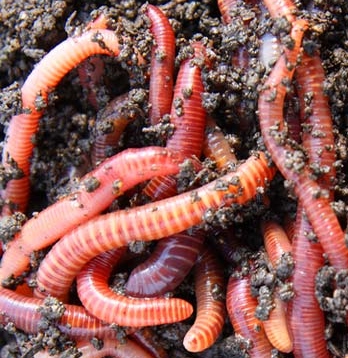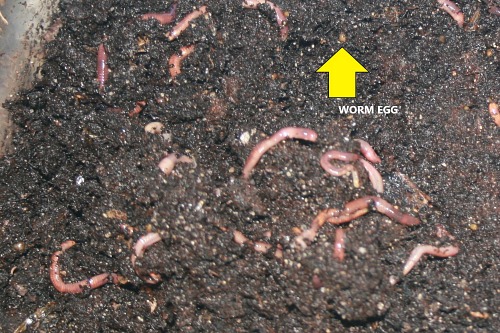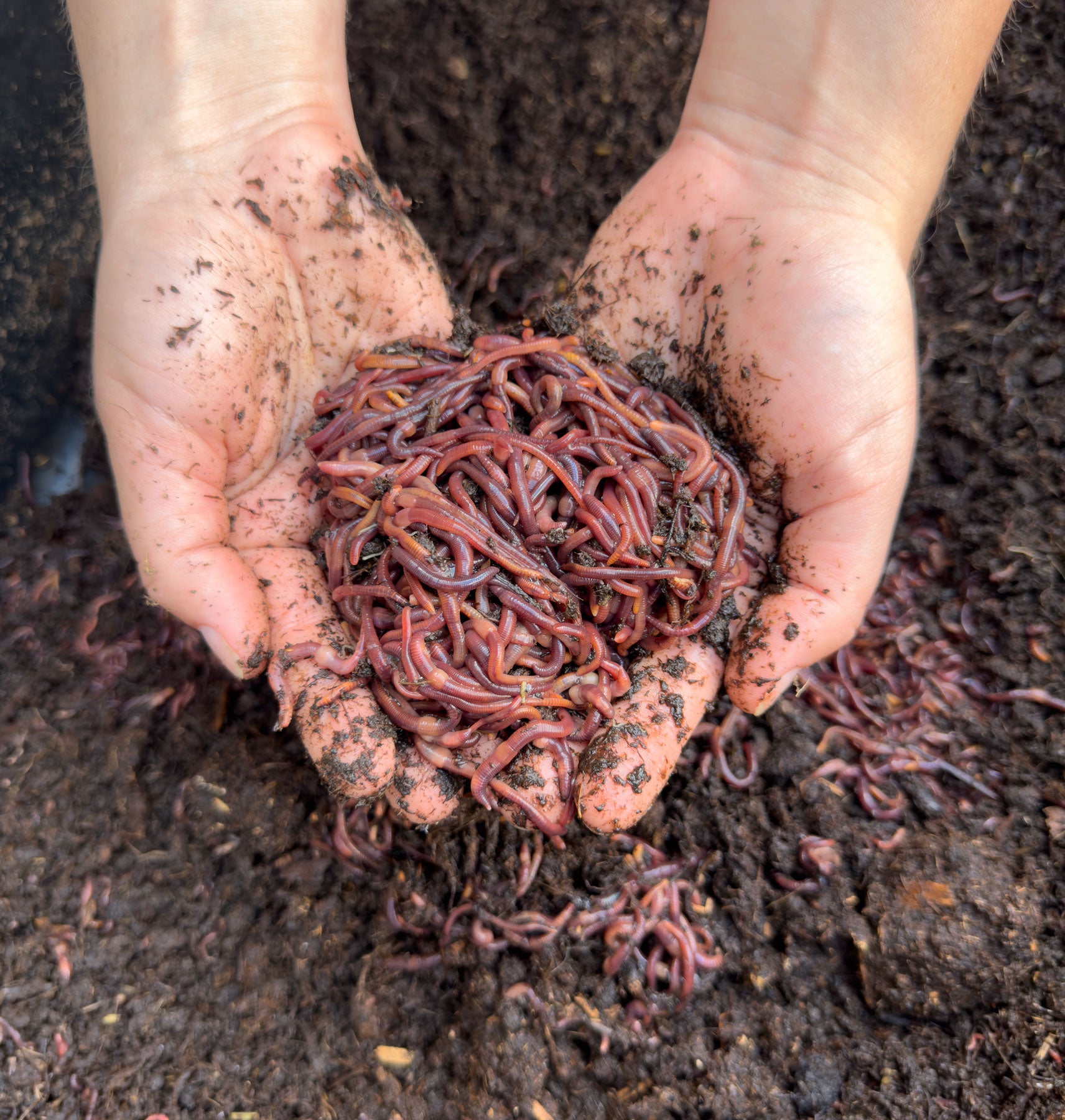Red Wiggler Worms - Crucial for Healthy And Balanced and Effective Gardens
Red Wiggler Worms Demystified: Unlocking the Keys of Vermiculture for Greener Living and Nutrient-Rich Dirt
In the world of sustainable methods for enhancing soil quality and advertising eco-conscious living, red wiggler worms play a crucial yet usually forgotten role. These modest animals possess the remarkable ability to change organic waste right into nutrient-rich spreadings that function as a potent all-natural fertilizer. By delving into the world of vermiculture, one can reveal a huge selection of benefits that expand far beyond typical composting techniques. Understanding the intricacies of looking after these worms, enhancing their setting, and using their spreadings can bring about a greener way of life and much healthier dirt for plants to thrive.
The Function of Red Wiggler Worms
Red Wiggler worms play an essential role in composting systems by successfully damaging down natural matter into nutrient-rich spreadings. These voracious eaters take in a variety of natural products, such as kitchen scraps, lawn waste, and paper items. As they feed, the worms' digestion processes damage down the raw material into a penalty, dark, and nutrient-dense product called worm spreadings or vermicompost.
The spreadings produced by Red Wiggler worms are extremely valuable for soil health and plant development. They are rich in necessary nutrients like potassium, nitrogen, and phosphorus, which are crucial for sustaining healthy and balanced plant growth. Furthermore, worm castings include helpful germs and enzymes that help improve soil structure, increase water retention, and enhance nutrient uptake by plants.
Benefits of Vermicomposting

It improves soil framework, improves dirt aeration, and boosts dirt dampness retention. Vermicompost likewise enriches the soil with essential nutrients like phosphorus, potassium, and nitrogen, advertising plant growth and general dirt fertility.
Furthermore, vermicomposting assistances lasting gardening practices by offering a chemical-free and natural alternative to synthetic fertilizers. Red Wiggler Worms. This eco-friendly approach not just enhances the soil however additionally aids reduce reliance on hazardous chemicals, promoting a greener and extra lasting means of horticulture
Establishing Up a Worm Container
When establishing a worm bin for vermicomposting, appropriate configuration is vital to make certain the success of the composting procedure. The very first step in establishing a worm bin is selecting a suitable container. This can be a plastic container or wood box that supplies sufficient area for the worms to move and has appropriate drainage holes to avoid waterlogging. Next, a bed linens material such as shredded paper, cardboard, or coconut coir need to be included in the bin. This bed linen offers a comfortable environment for the worms and helps maintain dampness degrees.
After adding the bedding, present the red wiggler worms to the container. It is recommended to begin with a handful of worms and slowly increase as they multiply. The worms need to then be provided with food scraps such as fruit and veggie peels, right here coffee premises, and eggshells. It is necessary to prevent adding meat, milk, oily, or salty foods to stop drawing in bugs and producing undesirable odors.
Routinely check the wetness degrees and temperature in the worm container to guarantee optimum conditions for the worms. With correct configuration and maintenance, the worm bin will efficiently transform organic waste right into nutrient-rich compost for your plants and yard.
Gathering Worm Spreadings
To successfully collect nutrient-rich worm castings from your vermicomposting system, a methodical harvesting approach is essential. When it comes time to gather the worm castings, there are a couple of crucial actions to comply with to ensure a successful process.

Troubleshooting Common Issues
Determining and attending to typical difficulties that may occur during the vermicomposting process is essential for maintaining a effective and healthy anchor and balanced worm container. One usual concern that vermicomposters experience is overfeeding. Adding excess food scraps can result in a buildup of moisture and level of acidity in the worm bin, possibly damaging the worms. To avoid this, feed the worms in small amounts, guaranteeing that the food scraps are appropriately damaged down before adding more. Another concern is undesirable odors emanating from the worm container. Foul smells indicate anaerobic conditions, generally brought on by overwatering or poor air flow. To remedy this, readjust the wetness levels by adding completely dry bed linen materials like shredded paper or cardboard and increase oygenation by turning the bed linens on a regular basis.
Additionally, if the worm populace is declining or the worms appear harmful, maybe because of environmental stress factors such as severe temperatures or pH degrees. Keeping discover this an eye on these variables and making required modifications is crucial for the wellness of the worms. By repairing these common issues immediately, vermicomposters can ensure a smooth and effective vermicomposting procedure while keeping a flourishing worm population.

Conclusion
Finally, red wiggler worms play a critical duty in vermiculture by damaging down natural issue into nutrient-rich dirt. The advantages of vermiculture consist of greener living and enhanced soil high quality. Setting up a worm container is crucial for effective vermiculture, and collecting worm castings offers important compost for horticulture. By recognizing and troubleshooting common issues, people can open the tricks of vermiculture for sustainable living and much healthier dirt.
As they feed, the worms' digestive system processes damage down the natural matter right into a penalty, dark, and nutrient-dense material recognized as worm spreadings or vermicompost.
The castings created by Red Wiggler worms are highly beneficial for dirt health and wellness and plant growth. Including excess food scraps can lead to a buildup of dampness and acidity in the worm container, possibly harming the worms.In addition, if the worm population is decreasing or the worms show up unhealthy, it can be due to environmental stress factors such as extreme temperature levels or pH levels. Establishing up a worm bin is important for effective vermiculture, and collecting worm spreadings provides beneficial compost for horticulture.